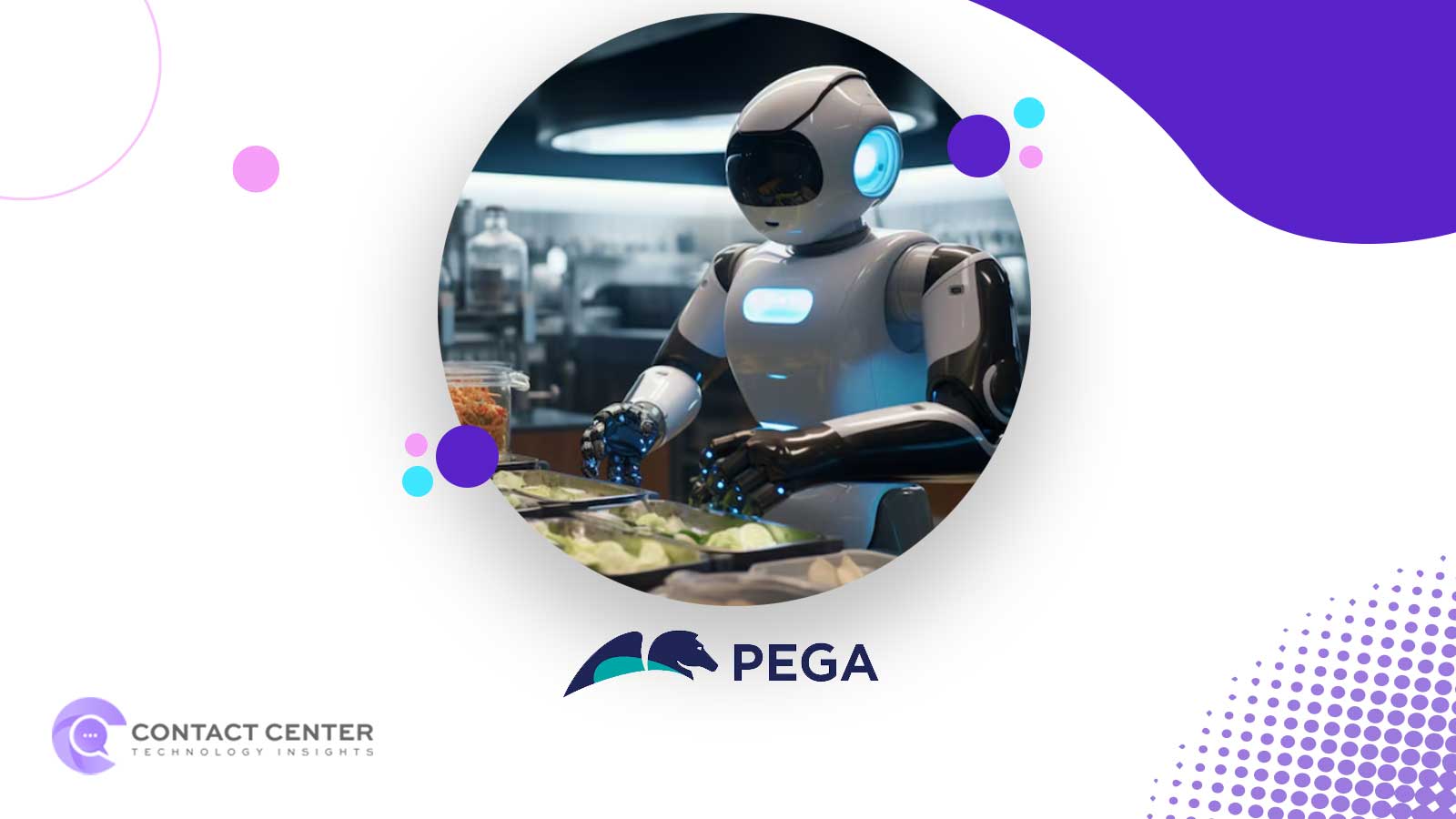Pegasystems
has officially unveiled its groundbreaking Pega
Self-Service Agent, a solution the company claims will set a
new standard in customer self-service. With this launch, Pega aims to tackle
long-standing frustrations with traditional self-service tools by turning
complex enterprise workflows into interactive, AI-powered customer experiences.
Combining the Power of Pega’s Core Technologies
At the heart of the Pega Self-Service Agent are three foundational technologies from Pega’s portfolio:
·
Pega Blueprint
·
Pega Predictable AI
·
Center-Out Agentic
Architecture
Together, these pillars enable businesses to
automate sophisticated service requests while maintaining complete visibility,
compliance, and control.
Contact Center
Technology Insights: AWS
Introduces Simplified Amazon Connect Solution for Small Businesses
Turning Workflows Into Seamless Self-Service
Instead of relying on basic
chatbots that often frustrate customers, the new Pega Self-Service Agent
empowers users to transform complex back-end workflows
into dynamic self-service journeys. Now, customers can get help
through smooth, two-way conversations on any channel and if they need to speak
to a live agent, the conversation picks up right where it left off, with no
need to repeat anything.
Pega’s CTO, Don Schuerman, emphasized the
shift, stating:
“Pega Self-Service Agent is a
game-changer for customer service it uses AI to create smarter, more seamless
experiences, all while staying connected to the systems and workflows
businesses already rely on.”
What Sets Pega Self-Service Agent Apart?
While the market is flooded with hype around
agentic AI, Pega directly addresses a core challenge: how to
deliver advanced self-service without compromising service quality or
regulatory compliance.
According to the company, many current tools
rely on simple bots that only handle basic queries and often introduce risk and
inconsistency. Pega, by contrast, embeds intelligence deep into the
enterprise’s existing infrastructure, ensuring scalable,
secure, and high-value service automation.
Contact Center Technology Insights: Customer
Service Has a New Entry Point And It’s Not Your Chatbot
A Closer Look at the Three Core Components
1. Pega
Blueprint
With this no-code design tool, users can
create and deploy customer service workflows in just hours. Blueprint offers
secure access to enterprise data and content, eliminating the need for
technical expertise or extensive development resources.
2. Pega
Predictable AI
Unlike black-box AI models, Pega’s Predictable
AI follows clear enterprise rules and uses semantic understanding to automate
complex service interactions. The result? Consistent experiences across
channels and smarter workload distribution freeing agents for higher-value
work.
3. Center-Out
Agentic Architecture
This architecture connects systems and
decisions from the core of the enterprise outward, ensuring consistency across
all service channels from messaging apps to email to IVR. Everything is unified
under a shared semantic layer for seamless orchestration.
Key Features That Drive Impact
·
Frictionless Resolution:
Customers can engage in natural, conversational self-service without losing
history or context when switching to a live agent.
·
True Multichannel Delivery:
Whether it’s mobile, web, IVR, or third-party chat platforms, Pega ensures a
unified experience everywhere through semantic integration and open APIs.
·
Rapid Deployment:
Businesses can launch existing Pega workflows instantly, or create new ones in
minutes dramatically reducing implementation time.
·
Built-In Compliance:
Designed with regulation in mind, every interaction is logged, auditable, and
secure ensuring trustworthy, responsible AI adoption.
Why This Is a Game-Changer for Enterprises
For years, enterprises have poured resources
into chatbot and IVR systems only to deliver underwhelming results. These
siloed tools often lack the intelligence and depth needed to resolve real
customer issues, driving up frustration and support costs.
In fact, a recent
Data for Progress study revealed that 70% of
Americans find automated phone systems frustrating, preferring
live agents for support.
Pega’s Self-Service Agent directly addresses
that pain point. By pulling from the same enterprise workflows used by live
agents, it delivers smart, scalable, and
context-aware automation without adding layers of complexity or
risk.
Contact Center
Technology Insights: Genesys
Raises $1.5 Billion from Salesforce and ServiceNow to Advance Unified CX
A Sustainable Path to Scalable Service
Automation
Ultimately, Pega offers a powerful
proposition: rather than building new systems from scratch, businesses can now extend their existing investments in workflows and
decisioning into self-service channels. This allows them to scale customer
support intelligently, reduce costs, and improve satisfaction all without
reinventing the wheel.
With this launch, Pega
positions itself not just as a provider of AI tools, but as a leader in
practical, enterprise-ready automation one that’s finally
closing the gap between promise and performance in customer self-service.
To participate in our
interviews, please write to our Contact Center Tech Media Room at sudipto@intentamplify.com
